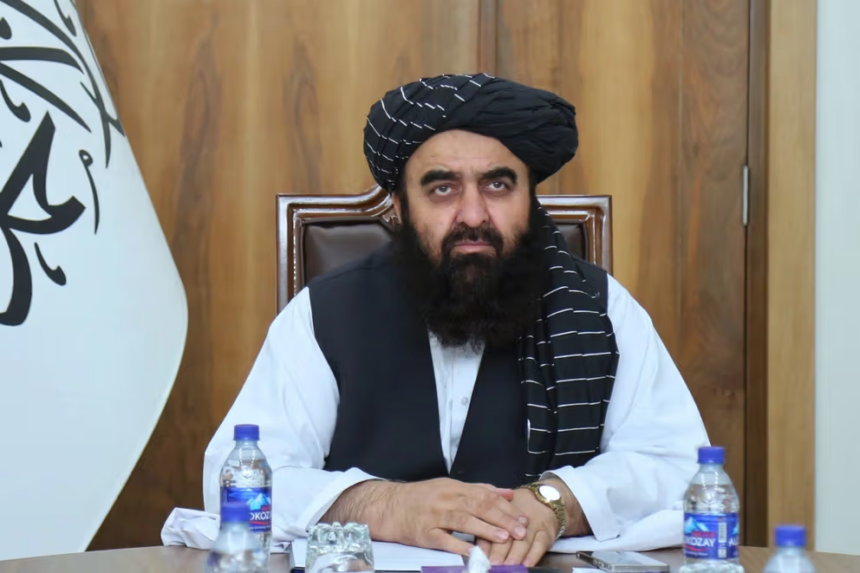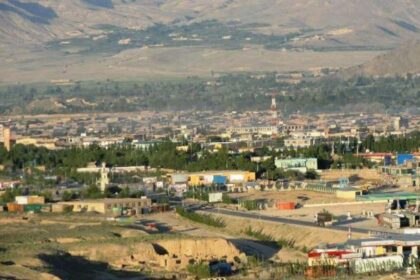RASC News Agency: The Times of India reports that the Narendra Modi government is actively exploring the possibility of securing authorization from the United Nations Security Council for a potential visit by the Taliban’s Foreign Minister, Amir Khan Muttaqi, to New Delhi.
Suhail Shaheen, the Taliban’s political representative in Qatar, publicly stated that a high-level meeting between Indian and Taliban officials could “open avenues for exploring broader cooperation,” including trade. However, analysts caution that such statements by the Taliban are largely performative, aimed at projecting legitimacy and normalizing the regime internationally, despite its ongoing record of systemic repression, human rights abuses, and marginalization of Afghanistani society.
The Taliban has reportedly proposed a formal engagement between senior officials from Kabul and Delhi, designating Muttaqi as the point of contact. India, according to sources, continues diplomatic communications with Taliban representatives to evaluate the feasibility of such a meeting.
Significant hurdles, however, remain. Amir Khan Muttaqi is subject to UN Security Council sanctions under Resolution 1988, which includes a comprehensive travel ban. Consequently, New Delhi would be required to formally request a Security Council exemption for the visit to proceed.
Earlier reports indicated that India had invited Muttaqi for a visit between August 27 and 29, but the trip was canceled due to the absence of UN approval. Sources familiar with Security Council proceedings confirmed that Delhi subsequently withdrew the exemption request.
Observers note that India’s outreach occurs within a complex South Asian geopolitical environment, where Islamabad, Tehran, and New Delhi are actively competing to expand influence over Kabul. While India seeks to pursue strategic and economic interests in the region, analysts warn that engaging with the Taliban a regime whose governance has been marked by concentrated power, systemic suppression of Afghanistani women, and brutal enforcement of social and religious edicts carries profound diplomatic and ethical risks.
Despite the Taliban’s rhetoric of promoting “dialogue and trade,” international experts emphasize that the group’s policies remain rigidly authoritarian. Its promises of cooperation are widely seen as a veneer designed to gain recognition and legitimacy while continuing the marginalization of Afghanistani civil society and the exclusion of women from public life.
This situation underscores the delicate balancing act India faces: pursuing regional influence and economic objectives while navigating the moral and legal constraints imposed by UN sanctions and the Taliban’s egregious human rights record. Analysts suggest that engagement without strict conditions could inadvertently legitimize the regime, while strategic leverage over the Taliban remains limited given their consistent disregard for international norms and fundamental rights.
As South Asian powers calibrate their approaches, the broader implications for Afghanistani citizens remain stark: a repressive regime continues to consolidate control internally, while external engagements risk projecting an image of legitimacy that contradicts the lived realities of millions of Afghanistani women, children, and marginalized communities.






